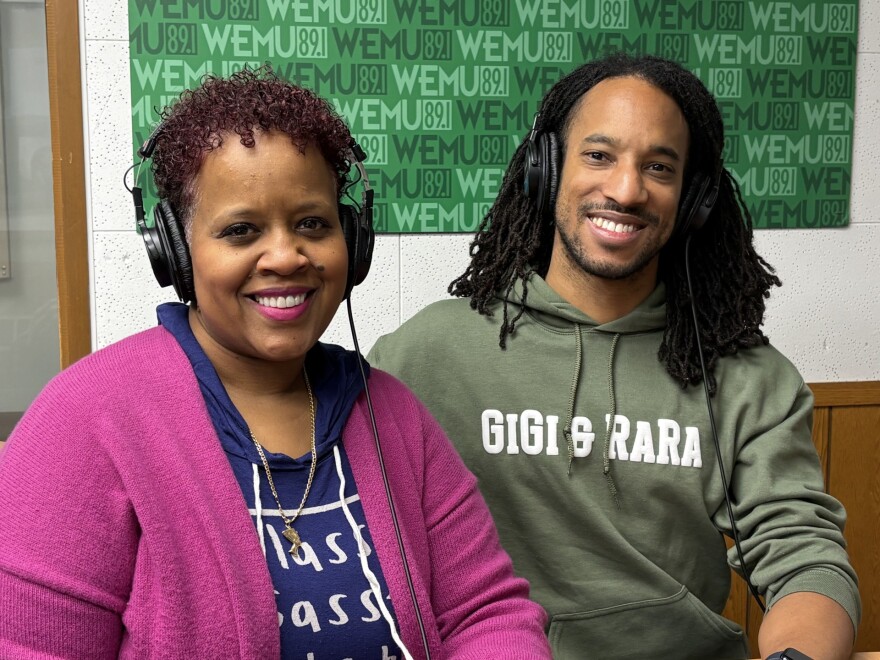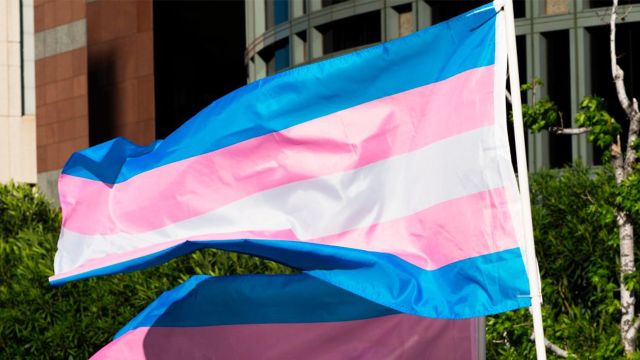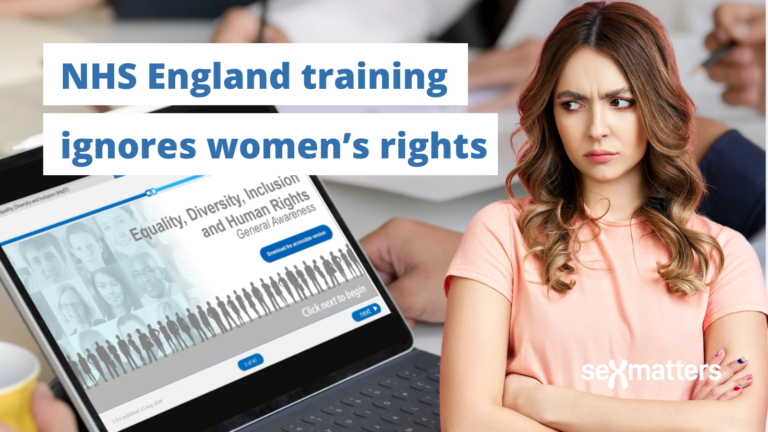Transforming the Fight Against Inequity and Systemic Racism in Washtenaw
Fighting Inequity and Racism in Washtenaw: A New Era
The fight against inequity and systemic racism isn’t just a buzzword; it’s a powerful movement reshaping our communities, particularly in areas like Washtenaw County. Recent initiatives have surfaced that aim to challenge the status quo and introduce fundamental changes to the way systemic issues are handled. This article will dive into the transformative efforts taking place in Washtenaw, focusing on how they’re designed to uplift marginalized voices and create a more equitable society for everyone involved.
Understanding Inequity and Systemic Racism
To truly grasp the necessary changes we need, we must reflect on what inequity and systemic racism mean. These terms aren’t just political jargon; they encapsulate the real-world experiences of countless individuals every day.
What is Inequity?
Inequity refers to the unfair treatment and disparities in access to resources and opportunities. It’s like a game where the rules are rigged in favor of some while leaving others without a fair chance. For example:
- Access to Education: Some communities have better-funded schools, while others are faced with crumbling infrastructure and a lack of resources.
- Health Disparities: Certain groups often lack access to affordable healthcare, leading to poorer health outcomes.
What is Systemic Racism?
Systemic racism, on the other hand, is the underlying framework that fuels injustice and inequity. It’s woven into the fabric of our institutions, subtly influencing laws, policies, and public attitudes. Think of it as an invisible barrier, blocking progress for many because of their racial or ethnic backgrounds.
So how do we confront such deeply rooted issues? Buckle up, because this is where things get interesting!
The Movement in Washtenaw County
Washtenaw County isn’t sitting idle in the face of these challenges. The community has embarked on a journey to transform itself, prioritizing measures that aim at dismantling systemic barriers and promoting equitable opportunities. This initiative has sparked discussions among residents, activists, local leaders, and organizations working hand in hand.
Grassroots Initiatives
Grassroots movements are essential in driving change from the bottom up. Residents of Washtenaw County have rallied together, forming coalitions that prioritize understanding and addressing the unique needs of their communities. These groups have used the power of advocacy to push for policy changes, focusing on:
- Community Engagement: Understanding the needs of marginalized communities starts with listening. By hosting events and listening sessions, community leaders are gaining insights straight from the source.
- Education and Awareness: Many initiatives emphasize education as a weapon against ignorance. Workshops and local seminars are being held to drive home the importance of recognizing systemic issues.
Collaborative Efforts
When multiple organizations band together, they become a formidable force against inequity. In Washtenaw, collaborations like local nonprofit organizations working with schools, health facilities, and local government agencies are key to tackling systemic injustices.
Examples of Collaborative Programs:
- Diversity Training: Many organizations are now integrating diversity training into their operations, acknowledging that understanding different perspectives is critical to foster an inclusive environment.
- Resource Sharing: By pooling resources, organizations can spread their reach and provide better services to those in need.
The Role of Policy Reform
While grassroots movements and collaborations are essential, policy reform is where the real meat of change happens. In Washtenaw, local legislators are taking the initiative to rethink outdated laws and introduce measures aimed at dismantling systemic barriers.
Why Policy Matters
You might wonder why policy reform is so crucial. Think of policies as the rules of a game. If they’re unfair, they must be changed. Let’s explore some avenues where reforms can make a significant impact:
- Housing Access: Introducing equitable housing policies can prevent discrimination and make safe, affordable housing accessible to everyone.
- Education Equality: Reforming school funding formulas can ensure that every child, regardless of where they live, receives a quality education.
Community Voices: The Heart of Change
The heartbeat of Washtenaw County’s initiative against inequity and systemic racism is its residents. Their stories, rich with resilience, inspire the community to push for justice.
Sharing Stories
Community member accounts about their struggles serve as powerful testimonies. They humanize the abstract concepts of inequity and systemic racism. When individuals stand up and share their experiences, it allows others to understand the urgency of the situation.
Empowering the Next Generation
Youth involvement is also a significant aspect of this movement. Engaging young people lays the groundwork for future leaders. Programs targeting youth encourage them to get involved in activism, mentorship, and peer education. The ripple effect of this involvement can be monumental.
Challenges Ahead
The road to equity isn’t without its bumps and hurdles. Let’s break down a few of the challenges forthcoming for Washtenaw County:
- Resistance to Change: There will always be those reluctant to accept new ideas. Change can be uncomfortable for many, especially those who may feel threatened by it.
- Resource Limitations: Funding is a constant battle. Finding sustainable sources to support initiatives is critical.
While these challenges are daunting, they aren’t insurmountable.
Looking Forward
The journey toward transforming the fight against inequity and systemic racism in Washtenaw County is just getting started. With continued grassroots support, collaborative efforts, and policy reforms, the community appears committed to paving the way for a brighter future.
Call to Action for Residents
What can you do to help? Here are some quick suggestions for individuals looking to get involved:
- Attend Local Meetings: Your voice matters. Participating in community conversations builds momentum and strengthens initiatives.
- Educate Yourself: Learning about the history and present realities of systemic racism will equip you with knowledge to contribute meaningfully to discussions.
- Support Local Organizations: Providing your time or resources to local organizations can help them expand their reach.
Conclusion
The fight against inequity and systemic racism is more than just a title at the top of this page; it’s a movement that requires the involvement of every single one of us. In Washtenaw County, this struggle has sparked a surge in community unity, awareness, and collaboration.
As we address systemic issues head-on, remember that change starts with you. Just take that first step—whether it’s attending a meeting, engaging in discussions, or lending a helping hand to your neighbors. Together, a brighter, more equitable future is not just a dream, it’s a reality we’re forging moment by moment.
FAQs
Q1: What are some effective ways to support initiatives against systemic racism?
- You can volunteer, donate, or inquire about local programs aiming to uplift marginalized communities.
Q2: How can individuals educate themselves on systemic racism?
- Reading books, attending workshops, and following organizations focused on these issues can help deepen your understanding.
Q3: What role does government play in fighting inequity?
- Local governments can enact policies and allocate resources aimed at promoting equality and dismantling systemic barriers.
Q4: Are there youth programs available in Washtenaw to engage young people in activism?
- Yes, many organizations offer youth-focused programs that encourage leadership, mentoring, and community involvement.
Q5: How can storytelling impact the fight against racism?
- Personal stories provide real-life context to the issues of systemic racism, fostering empathy and understanding among community members.







